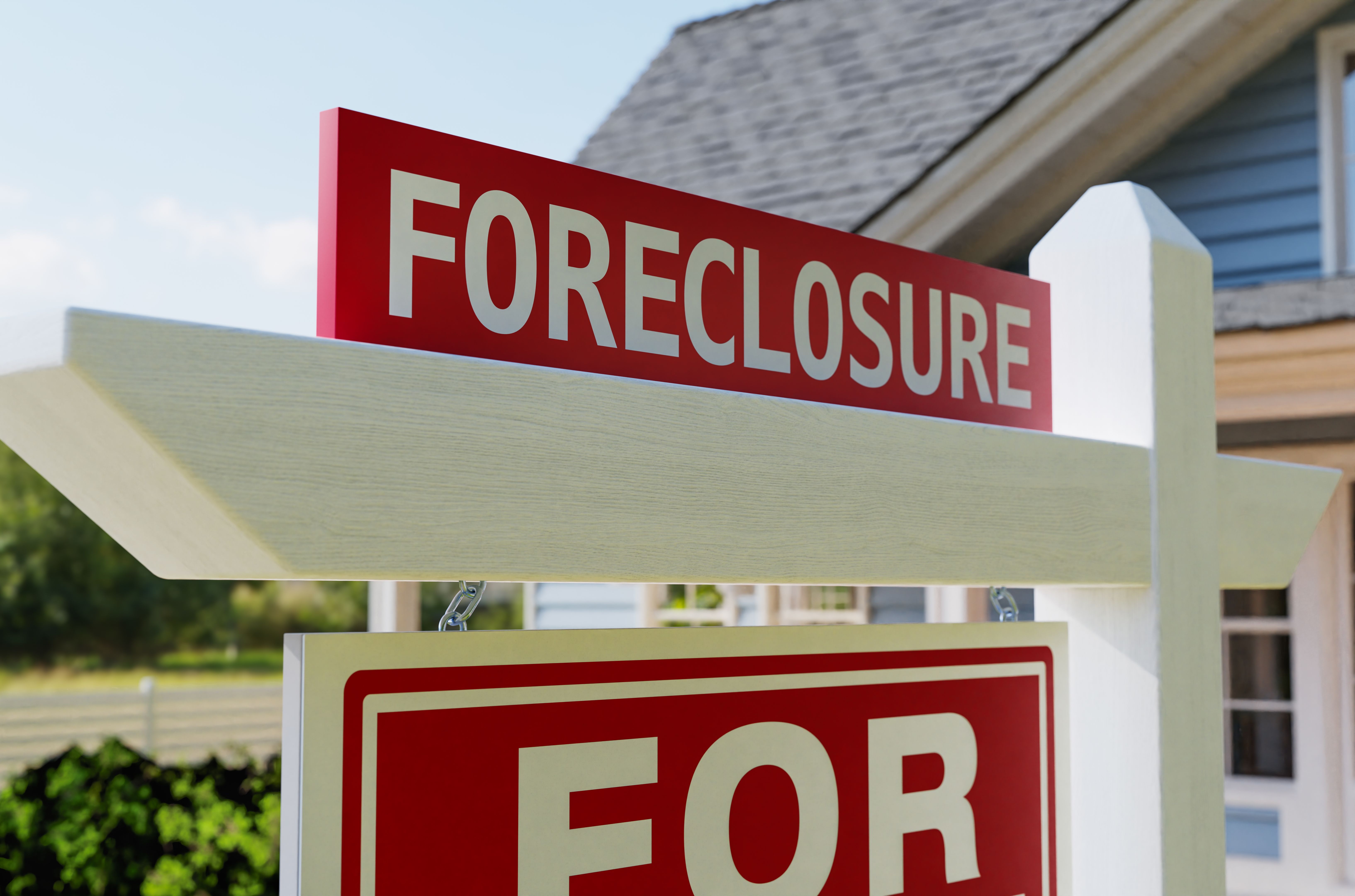Navigating the Foreclosure Sale: Tips for Homebuyers
Understanding the Foreclosure Sale Process
Foreclosure sales can be a viable option for homebuyers looking to purchase properties at a discount. However, navigating this process requires a good understanding of how foreclosure sales work. A foreclosure sale occurs when a lender auctions off a property to recover the remaining mortgage balance after the homeowner defaults on their loan. This process can be complex, but with the right approach, it offers potential savings and investment opportunities.

Typically, these sales are conducted at public auctions, often hosted by the local government or a bank. Properties sold in foreclosure are usually available as-is, meaning that any repairs or issues with the property will be the buyer's responsibility. Therefore, it's crucial for buyers to conduct thorough research and inspections before participating in a foreclosure sale.
Preparing for a Foreclosure Auction
Preparation is key when attending a foreclosure auction. Before bidding, make sure to research the properties you're interested in. This includes checking for any liens, back taxes, or other financial liabilities attached to the home. Additionally, obtaining a pre-approval for a loan or having your finances in order is essential, as winning bids often require immediate payment.
It's also advisable to visit the property if possible. While you may not always have access to the interior, assessing the exterior condition can provide valuable insights into potential repair costs. Furthermore, understanding market values in the area can help you determine a competitive bid while avoiding overpaying.

Bidding Strategically
When it comes to bidding at a foreclosure auction, having a strategy is crucial. Set a firm budget and stick to it to avoid getting caught up in the excitement of the auction. Remember that other bidders might be seasoned investors or professionals who are well-versed in the process. Being prepared and informed will help you remain competitive.
- Determine your maximum bid based on your financial situation and market research.
- Consider starting with lower bids to gauge competitive interest.
- Keep emotions in check to avoid exceeding your budget.
Post-Auction Steps
Winning a foreclosure auction is just the beginning. After securing the property, you'll need to complete the necessary paperwork and make arrangements for payment. It's important to act quickly, as delays can lead to complications or even losing the property.

Once ownership is transferred, assess the property for any immediate repairs or upgrades needed to make it livable or ready for resale. If you're planning on occupying the home, ensure all utilities and services are set up promptly.
Potential Risks and Considerations
Buying a foreclosed property comes with risks that need careful consideration. Since these homes are sold as-is, there might be hidden problems that could lead to costly repairs. Additionally, former owners may still occupy the property, complicating the eviction process.
Moreover, legal complications such as unresolved liens or back taxes can add unexpected costs. It's advisable to consult with a real estate attorney or professional who can provide guidance and help navigate any legal issues that may arise.
Conclusion
Purchasing a foreclosed home can be an excellent opportunity for homebuyers seeking bargains and investment potential. By understanding the foreclosure process, preparing adequately for auctions, and being aware of possible risks, you can successfully navigate this complex market. With diligence and patience, you might find your dream home or a promising investment at a fraction of its market value.
